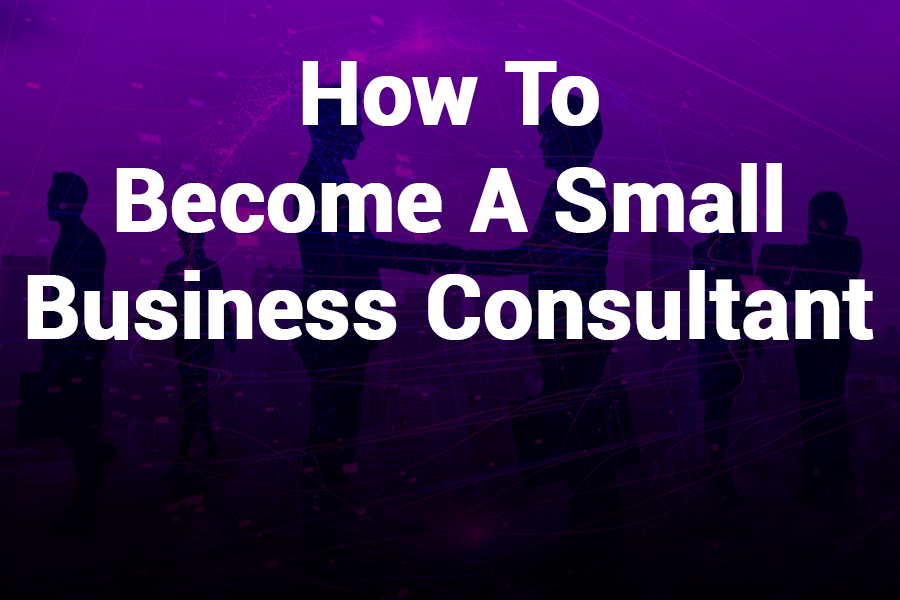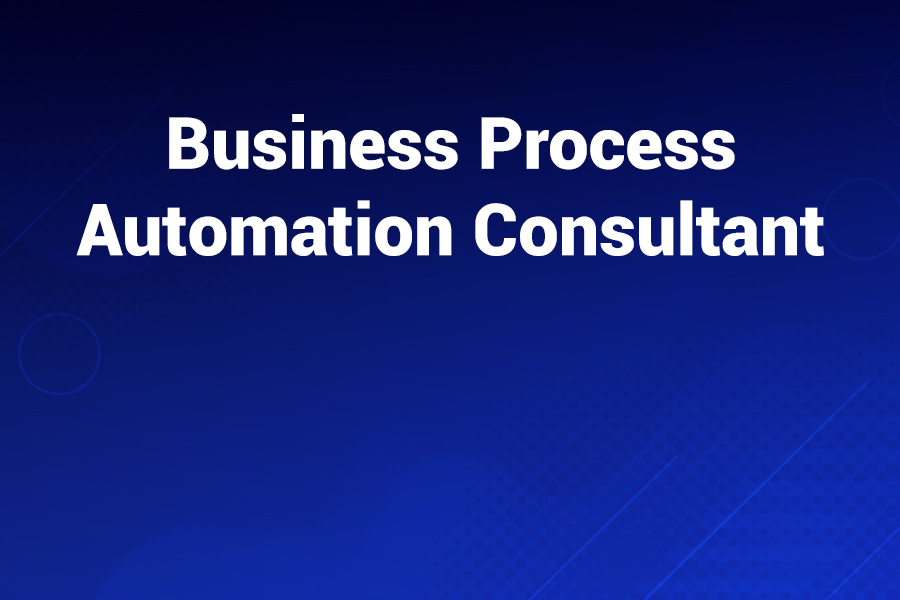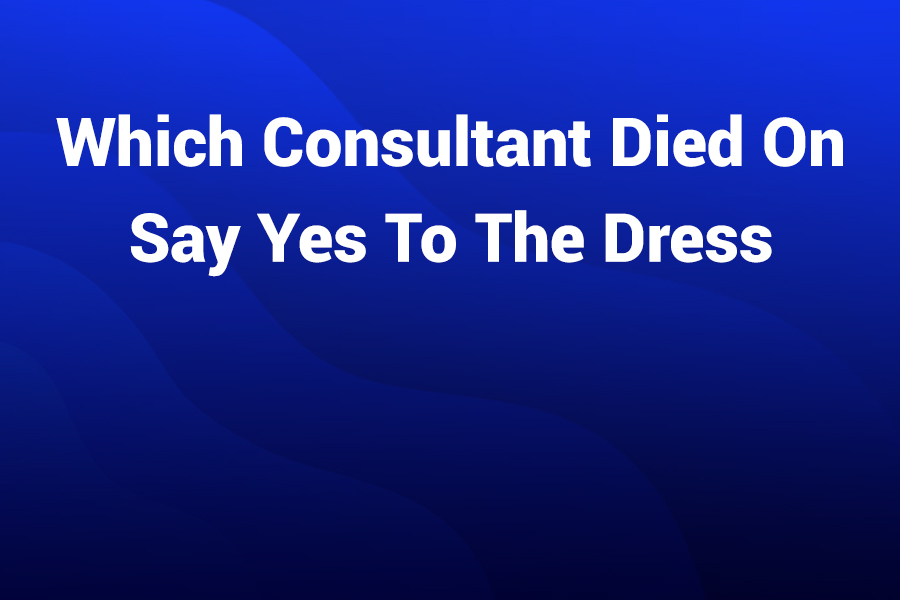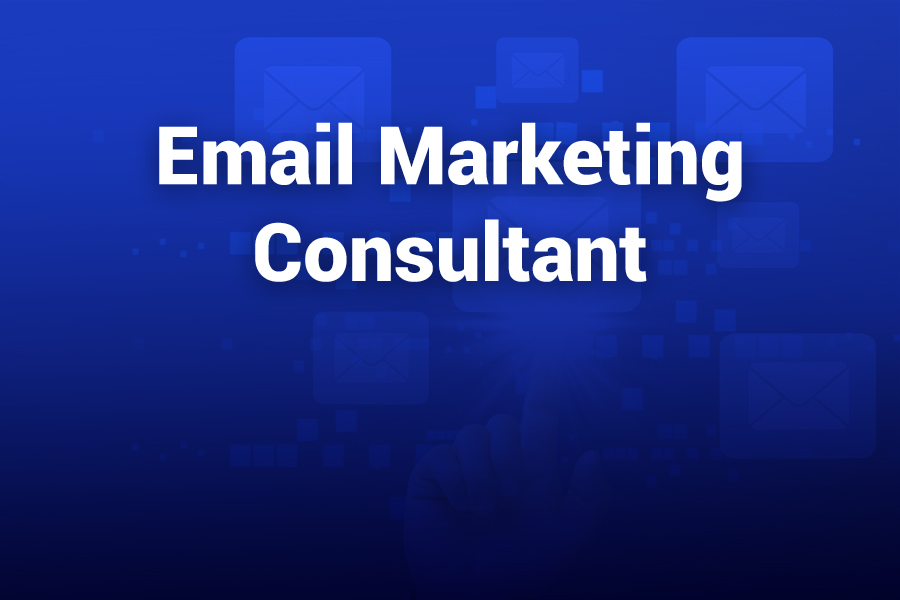- Home
- Services
- PedroVazPaulo Coaching
- PedroVazPaulo Marketing Consulting
- PedroVazPaulo Real Estate Investment Consulting
- PedroVazPaulo Operations Consulting
- PedroVazPaulo Entrepreneur Support
- Pedro Paulo Business Consultant
- PedroVazPaulo Executive Coaching
- PedroVazPaulo Business Consultant
- PedroVazPaulo Strategy Consulting
- PedroVazPaulo Wealth Investment Consulting
- Blog
- About
- Contact

Small businesses are the backbone of many economies around the world. However, navigating the challenges of running a small business — from managing finances to improving operational efficiency — can be overwhelming. This is where small business consultants come in. By offering strategic advice and practical solutions, consultants help small businesses thrive, grow, and overcome obstacles.
If you’re wondering how to become a small business consultant, this guide will walk you through everything you need to know, from the skills you need to the steps you should take to build a successful consulting business.
What is a Small Business Consultant?
Before diving into the steps of becoming a small business consultant, let’s first clarify what this role entails. A small business consultant provides expert advice to help small businesses improve their performance, solve problems, and make informed decisions. Consultants are typically brought in for their expertise in areas like:
- Strategy development
- Operations improvement
- Marketing and branding
- Financial management and analysis
- Human resources optimization
They may also offer guidance on specific issues such as business expansion, risk management, or technology adoption. Small business consultants are experts in their field and work with business owners to offer practical, actionable solutions.
Skills and Qualifications Needed to Become a Small Business Consultant
Before jumping into consulting, it’s essential to assess your skills, qualifications, and knowledge. The best small business consultants typically possess a combination of practical business experience and specialized knowledge. Here are the most important skills and qualifications you’ll need:
1. Business Knowledge and Experience
A strong foundation in business management is key to becoming a consultant. Experience in managing or running a business gives you the real-world understanding that small business owners seek. You can gain this experience through working in a variety of industries, either in a managerial position or in specialized areas such as finance, marketing, or operations.
2. Problem-Solving Abilities
Small businesses often face unique challenges, from cash flow issues to scaling operations. As a consultant, your primary role will be to identify these problems and come up with solutions. Strong analytical skills and creative thinking are essential to diagnose issues and provide actionable strategies.
3. Communication Skills
Clear communication is critical in consulting. You need to be able to explain complex concepts in simple, understandable terms. Good communication also involves listening skills — understanding the specific challenges of each business and crafting customized solutions that align with their goals.
4. Marketing Knowledge
Marketing is one of the most critical areas for any small business, and consultants often help businesses improve their marketing strategies. Knowledge of digital marketing, social media, branding, and customer relationship management will serve you well as you help small businesses grow their customer base and reach new markets.
5. Financial Acumen
Small business owners often need help with financial planning, budgeting, and forecasting. As a consultant, you’ll need to understand financial statements, cash flow, and business budgets. Having a background in accounting or finance can give you an edge when it comes to advising clients on their financial management.
6. Certification and Education (Optional)
While formal education is not always required to become a small business consultant, it can be beneficial. Many successful consultants hold degrees in business administration, marketing, or finance. Additionally, certifications from professional organizations (such as the Institute of Management Consultants (IMC) or Small Business Administration (SBA)) can boost your credibility and signal your expertise to potential clients.
How to Become a Small Business Consultant in 7 Steps
Now that you understand the key skills and qualifications needed to succeed as a small business consultant, let’s explore the specific steps you can take to start your consulting career.
Step 1: Gain Experience in Business Management
Before offering consulting services, you’ll need to have hands-on experience in running or managing a business. If you haven’t already, consider working in a small business or taking on a management role. You could also look for volunteer opportunities or internships with small businesses in areas such as operations, marketing, or finance. The goal is to build a strong understanding of the unique challenges faced by small businesses.
Step 2: Specialize in a Niche or Industry
One of the best ways to differentiate yourself from other consultants is by specializing in a particular niche or industry. For example, you could focus on consulting for retail businesses, e-commerce startups, restaurants, or family-owned businesses. Specializing will not only help you build expertise but also make you more attractive to clients in that specific market.
You can also specialize in certain aspects of business management, such as finance, operations, or marketing. Consider your interests and strengths when deciding on a niche.
Step 3: Build Your Educational Foundation and Certifications
While formal education is not a requirement for small business consulting, it can be a valuable asset. Many consultants hold degrees in business, marketing, or management. If you haven’t already, consider obtaining a Bachelor’s or Master’s degree in a related field. Additionally, pursuing certifications can help you stand out and establish credibility.
Some certifications you may consider include:
- Certified Management Consultant (CMC) from the Institute of Management Consultants
- Small Business Consultant Certification from various industry associations
- Digital Marketing Certifications from Google, HubSpot, or other platforms
Step 4: Develop Your Brand and Build a Portfolio
Once you have the necessary skills and experience, it’s time to build your brand as a small business consultant. Start by creating a professional website that highlights your services, experience, and any case studies or testimonials from past clients (if you have them).
If you’re just starting out and don’t have a portfolio yet, offer free consultations or discounted rates to your first few clients in exchange for testimonials. These initial projects will help you build credibility and a track record of success.
Step 5: Network and Build Client Relationships
Networking is essential in consulting. Attend small business events, conferences, and workshops to connect with potential clients. Join professional organizations like the Institute of Management Consultants or SCORE, which can help you network with fellow consultants and small business owners.
Consider leveraging online platforms like LinkedIn, Twitter, or Facebook to reach a wider audience. Share valuable insights, articles, and case studies to showcase your expertise and attract potential clients.
Step 6: Set Your Consulting Rates
Setting the right rates is crucial when starting your consulting business. Research the market to understand what other consultants in your niche are charging. Your rates will vary depending on factors like your level of experience, the size of the business, and the scope of the services you offer.
You can charge hourly rates (typically between $100–$300 per hour for small business consulting), daily rates, or project-based fees, depending on the client and the nature of the work. Don’t forget to factor in expenses, such as marketing, office space (if needed), and software tools.
Step 7: Market Your Consulting Services
Once you’ve set up your website, social media profiles, and portfolio, start marketing your services to potential clients. Content marketing, including blogs, videos, and webinars, is a great way to establish yourself as an expert in your field. Additionally, word-of-mouth referrals from satisfied clients can help build a strong reputation and bring in new business.
What to Expect as a Small Business Consultant
As a small business consultant, you’ll likely face a dynamic and ever-changing work environment. Your clients will come from a wide range of industries, and no two projects will be the same. Some of the benefits of being a small business consultant include:
- Flexible work schedule: As an independent consultant, you’ll have control over your hours and workload.
- Diverse work: Each business you work with will present new challenges and opportunities, keeping the work exciting.
- Potential for high earnings: With the right experience and network, small business consultants can earn competitive fees.
- Job satisfaction: Helping businesses solve their problems and grow can be highly rewarding.
Conclusion: How to Become a Small Business Consultant
Becoming a small business consultant requires a combination of experience, expertise, and entrepreneurial spirit. By gaining practical experience, specializing in a niche, building your brand, and networking with potential clients, you can create a rewarding career helping small businesses thrive.
Starting your own consulting business may be challenging, but it offers immense opportunities for growth, learning, and making a real impact on your clients’ success.
If you’re ready to take the next step in your career, begin building your network, growing your skillset, and seeking out your first consulting clients. Before you know it, you’ll be on your way to becoming a successful small business consultant.
FAQs
1. How much does a small business consultant make?
Small business consultants typically earn between $50,000 to $100,000 annually, with top consultants making more, depending on experience, industry, and niche.
2. Do I need to have an MBA to become a small business consultant?
While an MBA is not required, it can help you stand out. Practical business experience and industry knowledge are often more important.
3. Can I become a consultant without prior business experience?
It’s challenging but not impossible. If you lack business experience, you can start by offering a specialized service, such as marketing or financial advice.






